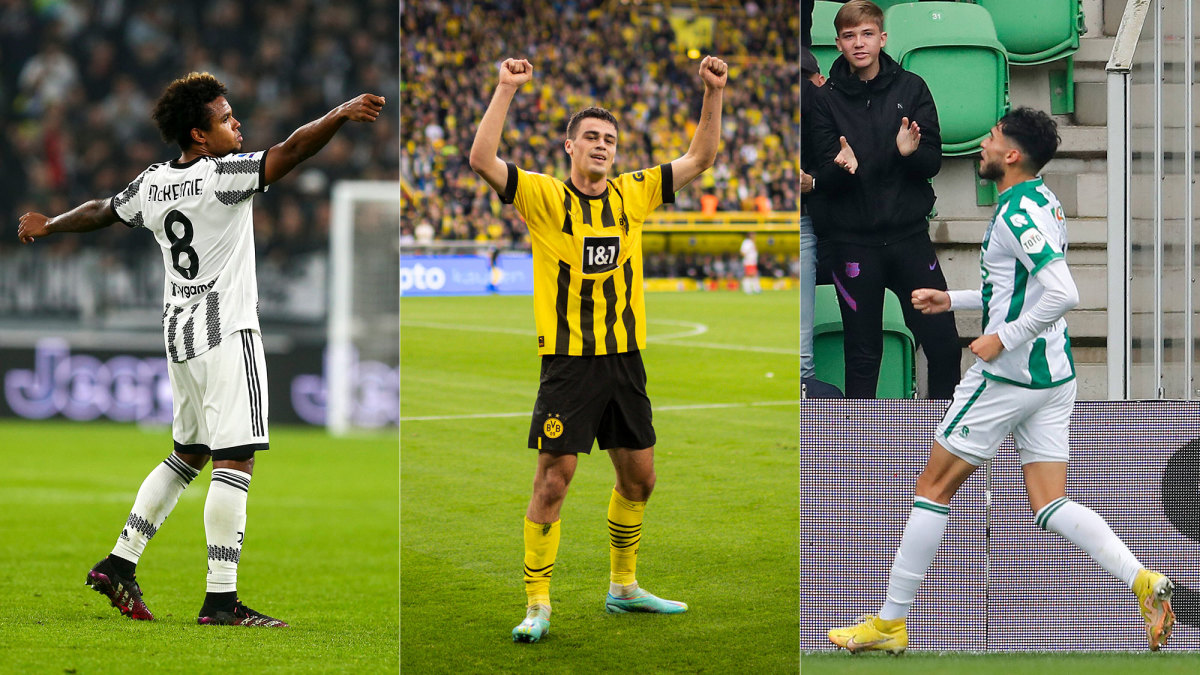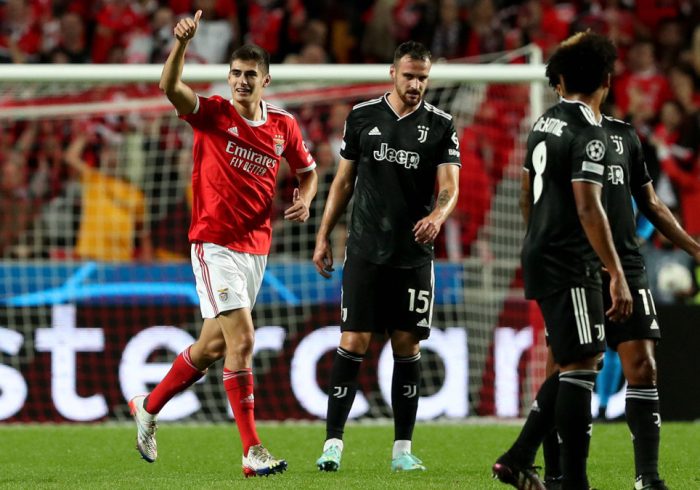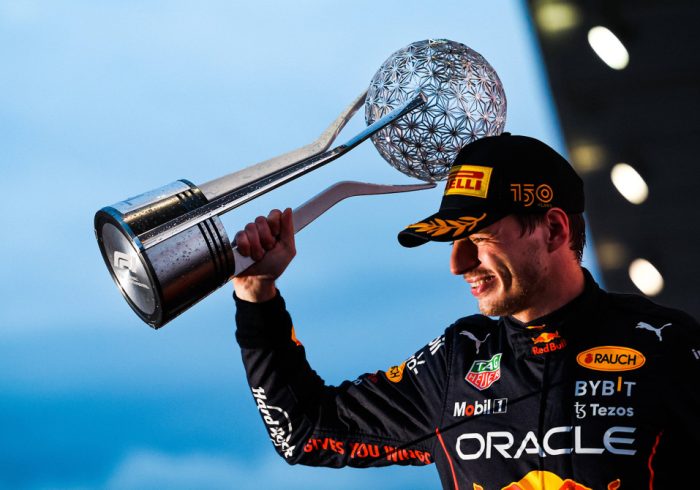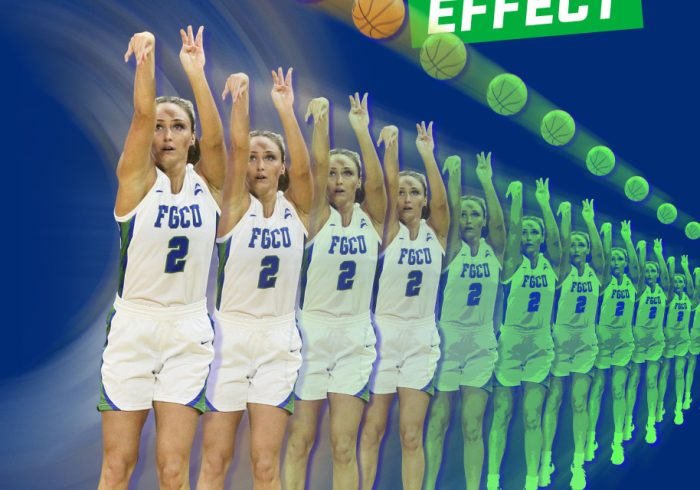As has often been the caveat with this iteration of the U.S. men’s national team, success and outlook are largely dependent on who is available. Which players are healthy? Which would-be regulars are on the mend or out of action? As the 2022 World Cup nears, those questions become even more pertinent, and any news relating to either becomes a little bit more elevated.
Tyler Adams missing Leeds United’s latest Premier League match after playing 90 minutes in the previous 10, for instance, set off some minor alarm bells. Manager Jesse Marsch, however, sought to silence them when offering his prognosis for Adams’s apparent muscle injury picked up against Leicester last week. “We’re hopeful that this won’t be longer than a few days,” Marsch said prior to defeat to Fulham on Sunday.
While that’s a relief, it’s also a reminder of how fragile players’ World Cup statuses can be. One wrong step at any point between now and departure for Qatar could be the difference between living out a dream and having one shattered.
Perhaps no player in the U.S. pool is more familiar with that vulnerability than Gio Reyna, who missed almost all of last season with various injuries and suffered setbacks soon after returning from them. A healthy Reyna is a wild card for the U.S., simply because for almost all of World Cup qualifying, that was not an available feature. Reyna has the skill and temperament to perform under the brightest lights; he has just needed the bill of good health to accompany them. After starting consecutive friendlies for the U.S. last month only to be hit with an immediate minor injury setback, it remains to be seen how much of a contributor he’ll be able to be in the short term.
But perhaps his start Saturday for Borussia Dortmund vs. Stuttgart gave an indication, as Reyna was able to enjoy something that he hadn’t been able to for club or country in 421 days: a goal. His strike in Dortmund’s rout was followed by an emotional celebration, and it’s not hard to understand why given what he’s been through over the last 14 months.
“It felt so good; it’s been a long time coming,” Reyna told reporters after the match. “So much hard work took place behind the scenes which a lot of people don’t see. No summer break, rehab six hours a day, I don’t know how many people could stick through that unless you’re just really hungry to get back as soon as possible. It was tough, but I’m happy to be back.”
It would appear his manager is pleased as well.
“We’re happy Gio is fit again,” Dortmund coach Edin Terzić said. “He’s had to suffer a lot in recent months with setbacks and time off. We’ve been able to slowly reintroduce him to the team from the bench in the last couple of weeks to help him rediscover his feeling and his confidence on the pitch. And today he had a very good game.”
Another big goal over the weekend was scored by the surging Ricardo Pepi. Ever since joining Groningen in the Netherlands on loan from Augsburg, he has been bagging goals, the latest coming against Dutch power PSV Eindhoven.
The goal came off a botched throw-in sequence, with PSV turning the ball over after the throw, allowing Groningen to swoop in 1-v-1. The initial save was made, but the rebound fell right to Pepi, who had been trailing the play, and he did not miss.
As with Pepi’s previous goal, it’s fair to ask how replicable the circumstances are as it relates to competing on the World Cup stage. Does a bit of a freak play foretell a player whose timing, runs and finishing will be on point at the World Cup? Nevertheless, with six goals in a short time period (five in the league, good for a tie for fourth-most in the Eredivisie), this loan move has done wonders for Pepi’s confidence and rocketed him back up the U.S. striker depth chart. Whereas a couple of months ago it was fair to wonder whether Pepi would remain on the radar at all for Qatar 2022, now it’s fair to wonder whether he’s a lock to start against Wales on Nov. 21.
Another U.S. goal in recent days came from Weston McKennie, his first of the Serie A season for Juventus. His other strike this season came in the Champions League against PSG in similar fashion: a header off a corner kick in which his aerial prowess was on display. The U.S. is a bit light on set-piece threats, with McKennie the best bet to take on that responsibility in Qatar.
Aside from those scoring goals, there was a notable development around one of the key U.S. players charged with keeping them out. Zack Steffen, on the heels of a four-save shutout for Middlesbrough in a draw vs. Huddersfield Town, has a new manager. Manchester United great Michael Carrick is overseeing Boro now, taking over for the since-departed Chris Wilder. Steffen’s job should not be in jeopardy, but every manager has his own discretion, and it’ll be up to the on-loan U.S. goalkeeper to maintain the starting role. His chief competition for the U.S.’s No. 1 job, Matt Turner, is hardly playing for Arsenal, but in the four UEFA Europa League matches in which he has started, he has conceded just one goal, and it came from a penalty kick. His toughest task yet as a Gunner, starting at PSV, should materialize this Thursday.
More Soccer Coverage:



